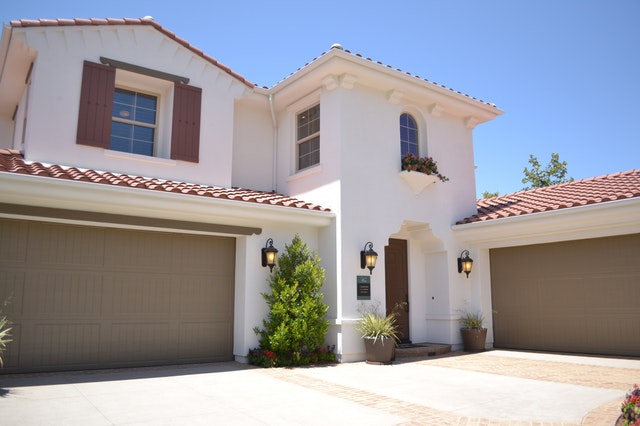 The real estate market does not occupy a space outside the laws of physics. As Sir Isaac Newton so aptly theorized, “For every action, there is an equal and opposite reaction.” When applying the English physicist’s Third Law to today’s rising mortgage rates, anticipating the reaction can be valuable information if you are planning to buy or sell a home or commercial property.
The real estate market does not occupy a space outside the laws of physics. As Sir Isaac Newton so aptly theorized, “For every action, there is an equal and opposite reaction.” When applying the English physicist’s Third Law to today’s rising mortgage rates, anticipating the reaction can be valuable information if you are planning to buy or sell a home or commercial property.
At first blush, residential home buyers and commercial property investors might expect the “opposite” reaction to impact buying power negatively. The initial data might lead many to believe that premise.
How Home Buyers Reacted To Rate Hikes
According to Realtor.com, the average cost to American mortgage holders increased by 15.8 percent from Sept. 2017 to Sept. 2018. In dollars, that totaled about $223, reportedly from $1,413 to $1,636 when considered against the median home at $294,900. That so-called reaction seems to indicate a loss of buying power for everyday homeowners.
Naturally, these increases were higher in top real estate markets with New York at $545 increase and Seattle at $533 where the median home costs $529,900 and $550,045 respectively. The top 20 housing markets incurred a total 68 percent of the increases year-over-year. Compounding the reaction to rising rates, many pundits are claiming the Fed’s rate hikes are creating stock market volatility.
All of these numbers seem to indicate a gloomy opposite reaction to mortgage rate increases. Or do they?
Real Estate Market Remains In Motion
Much of that thinking stems from looking at increased costs as if they somehow prohibit home buyers from making purchases. But the very fact that Americans are purchasing homes and paying somewhat higher monthly mortgage premiums indicates people enjoy the required buying power. Yes, rates have increased since the Great Recession, but that was always the plan.
Keep in mind that Newton has a few other applicable laws of physics as well. For example, “A body in motion remains in motion.” The Fed’s decision to finally raise rates was held back by a sluggish recovery. Today’s robust economy has prompted the long overdue interest rate hikes, but they are still quite low.
If, for example, mortgage rate increases resulted in a stagnant housing or commercial real estate market, that might be considered an adverse reaction. However, single-family homes and investment properties are in high demand.
That should indicate that the booming economy has improved buying power ahead of mortgage rate increases. Simply put, Americans seem to be ahead in the real estate game.
For everyday families interested in starter homes, homeowners eyeing a more substantial property or commercial investors looking to get into the market, a smart equal and opposite reaction to rate increases may be to get in quickly and enjoy today’s low rates before the next planned increase.
Be sure to consult with your trusted mortgage professional for your best financing options.

